Coral Reef Resilience: The Importance of Fish Functional Groups
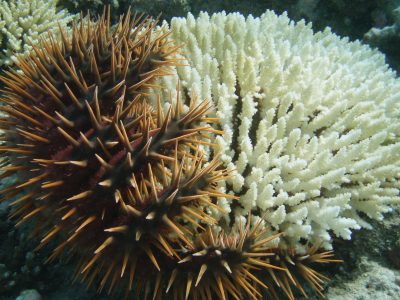
In 2010, when Cyclone Oli hit the reef, Han wondered which way the scale would tip: could the coral recover from both these impacts? Or would macroalgae move in and dominate?

In 2010, when Cyclone Oli hit the reef, Han wondered which way the scale would tip: could the coral recover from both these impacts? Or would macroalgae move in and dominate?
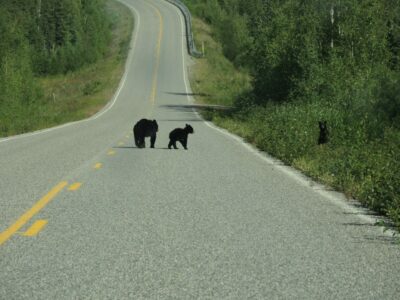
Imagine a bear in your office during the workday. This is sometimes reality at the Bonanza Creek LTER, as Alexandria Wenninger tells us!
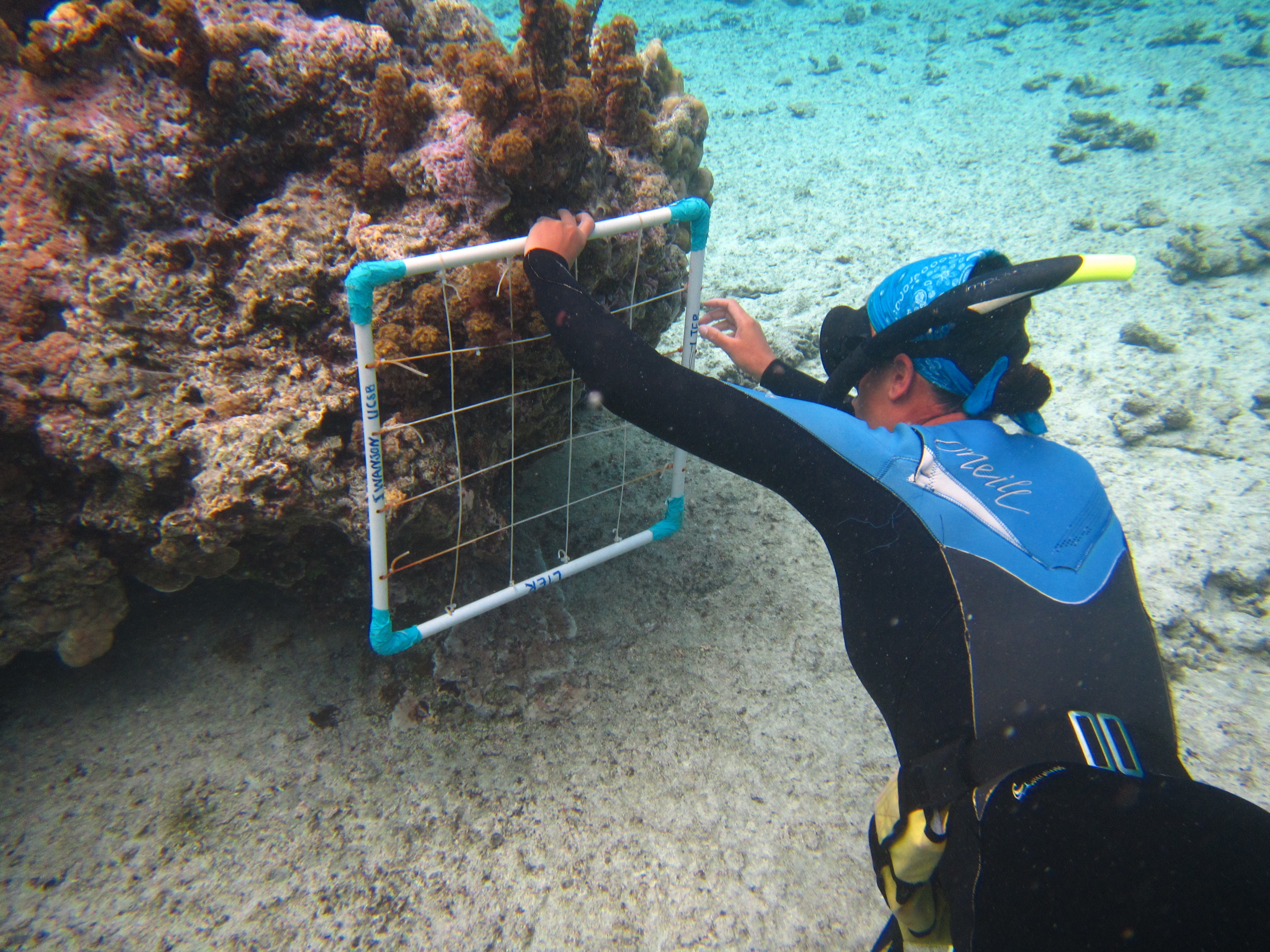
Survey coral under the waves with Stella Swanson at the Moorea Coral Reef LTER site for this edition of the SSALTER blog!
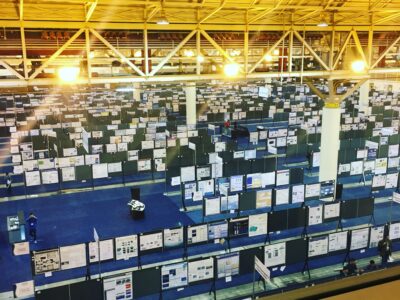
Students from the CCE and SBC LTER presented at the Ocean Sciences Meeting in 2016, as recounted for this SSALTER blog post.
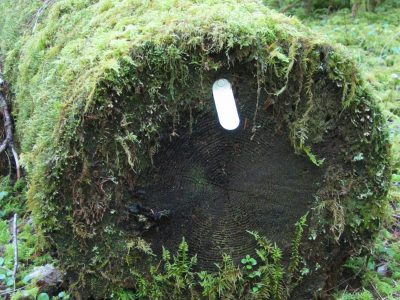
For artists participating in the multimedia exhibit “Rot: The Afterlife of Trees” at the Corvallis Arts Center, rotting trees are inspiration.
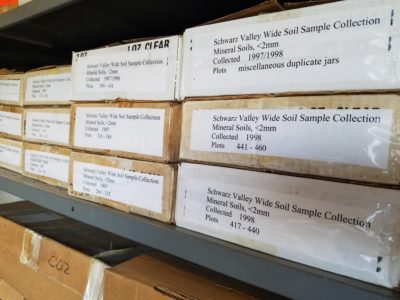
A phalanx of open-science advocates (including Harvard Forest LTER’s Aaron Elison) recently published a Science Policy Forum full of broad principles and specific proposals on how the scientific community might cultivate a more open, transparent, and collaborative approach to data archiving and sharing. And they didn’t give anybody a pass on physical samples either. Credit:… Read more »
For nearly half a century, ecologists have struggled to explain the relationship between ecosystem productivity and species richness. In a recent paper in Nature, USGS Ecologist James Grace and colleagues have managed to account for the many variables and confirm the long-suspected connection. To do so, they used a causal network model to incorporate data… Read more »
The International LTER Network is pleased to announce its first global Open Science Meeting to be held from 9-13 October 2016 in the Kruger National Park, South Africa. Registration will be open to all experts involved in LTER, interested researchers, and stakeholders. The deadline for abstracts is March 15, 2016. Topical research themes will be… Read more »
Ice storms are powerfully disruptive to northeastern forests, but truly understanding their dynamics has proved challenging because they strike with little warning. Hubbard Brook LTER scientists took the matter into their own hands by creating an ice storm of their own making. The experiment, which was covered by NSF360 and Science Now, is allowing them… Read more »
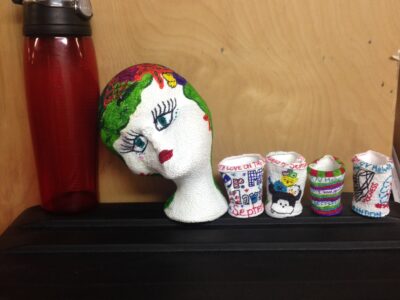
Life on research ships might mean less access to internet, but it doesn’t mean less fun. Jennifer Brandon of the CCE LTER explains.